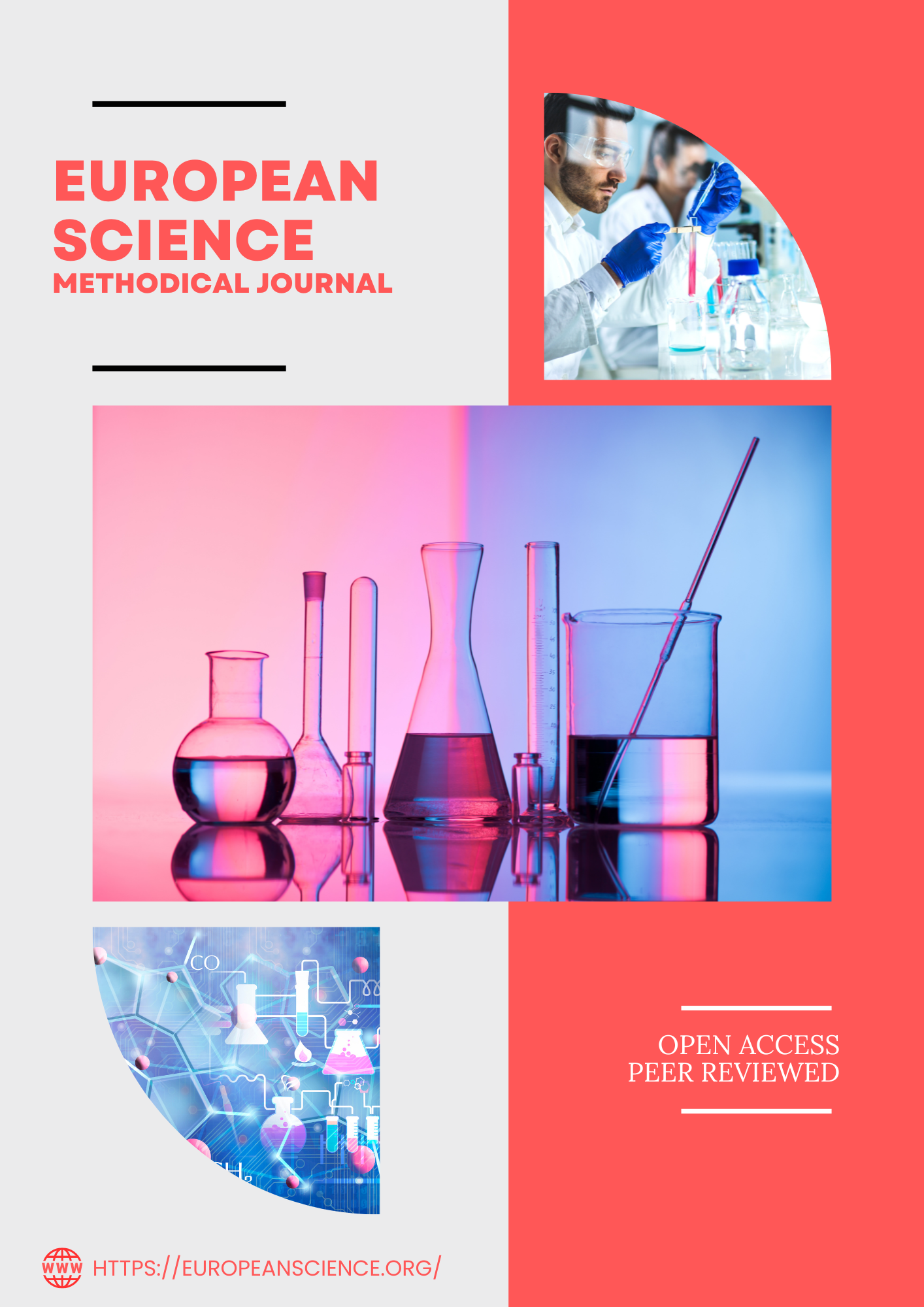NEPHROPROTECTION OF CURCUMA LONGA EXTRACT IN RATS WITH ACUTE RENAL FAILURE
Keywords:
Cisplatin, ARI, ARF, Curcuma Longa, Medical plant, CD95L, and FGF-23.Abstract
Background: Acute renal failure (ARF) is a severe clinical problem associated with a quickly renal functions decline. Curcuma longa, a medicinal plant with antioxidant and anti-inflammatory features, a lot of previous studies confirm the correlation between used this medical plant and enhance the vital body functions. Therefore, the current study designed to assessment the protection role of Curcuma longa extract against toxic effect of cisplatin to induced ARF in rats by assessing renal function biomarkers, apoptosis markers, and histopathological changes. Methods: 36 male Wistar rats were selected to achieve the current study by divided them into six groups. first group was control, the second cisplatin-only (5 mg per kg), the third cisplatin with low-dose Curcuma longa (100 mg per kg, orally), the fourth cisplatin and moderate-dose Curcuma longa (150 mg/kg, orally), fifth cisplatin and high-dose Curcuma longa (200 mg/kg, orally), and the last group was with extract-only. Renal functions tests were evaluated by check both of a serum creatinine and blood urea nitrogen (BUN). The CD95L also called Fas Ligand (FasL) was selected as apoptotic markers and Fibroblast Growth Factor-23(FGF-23) biomarkers selected as nephroprotection marker, both of them were assessed using ELISA. Histopathological analysis was performed to examine renal tissue changes. Results: Cisplatin administration significantly increased creatinine, BUN, FGF-23, and CD95L levels, indicating nephrotoxicity and apoptosis. Curcuma longa extract, particularly at moderate and high doses, significantly reduced these biomarkers compared to group administrated with Cisplatin-only (p < 0.05), suggesting renal protection. Histopathological examination further confirmed reduced renal damage in extract-treated groups, with improved tubular integrity and decreased inflammatory cell infiltration. Conclusion: Curcuma longa extract exhibits dose-dependent nephroprotection role to attenuated the toxic effect of Cisplatin which induced ARF, through antioxidant, anti-inflammatory, and also anti-apoptotic mechanisms. These findings highlight its potential as an adjunct therapy for mitigating cisplatin nephrotoxicity.
Downloads
Published
Issue
Section
License

This work is licensed under a Creative Commons Attribution-NonCommercial 4.0 International License.















